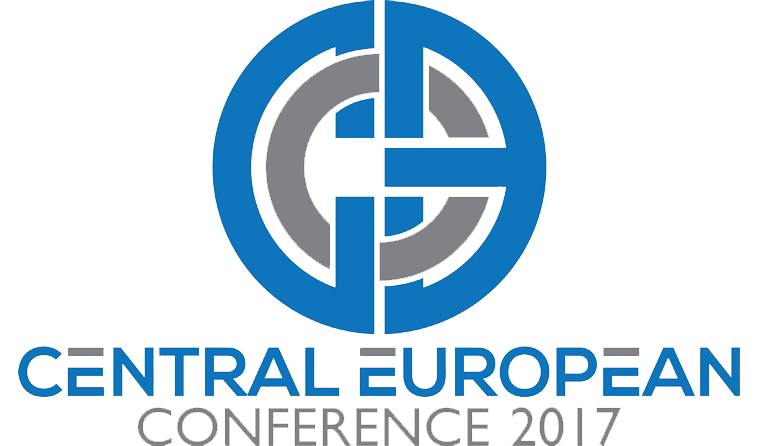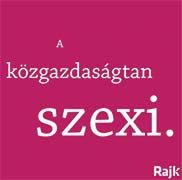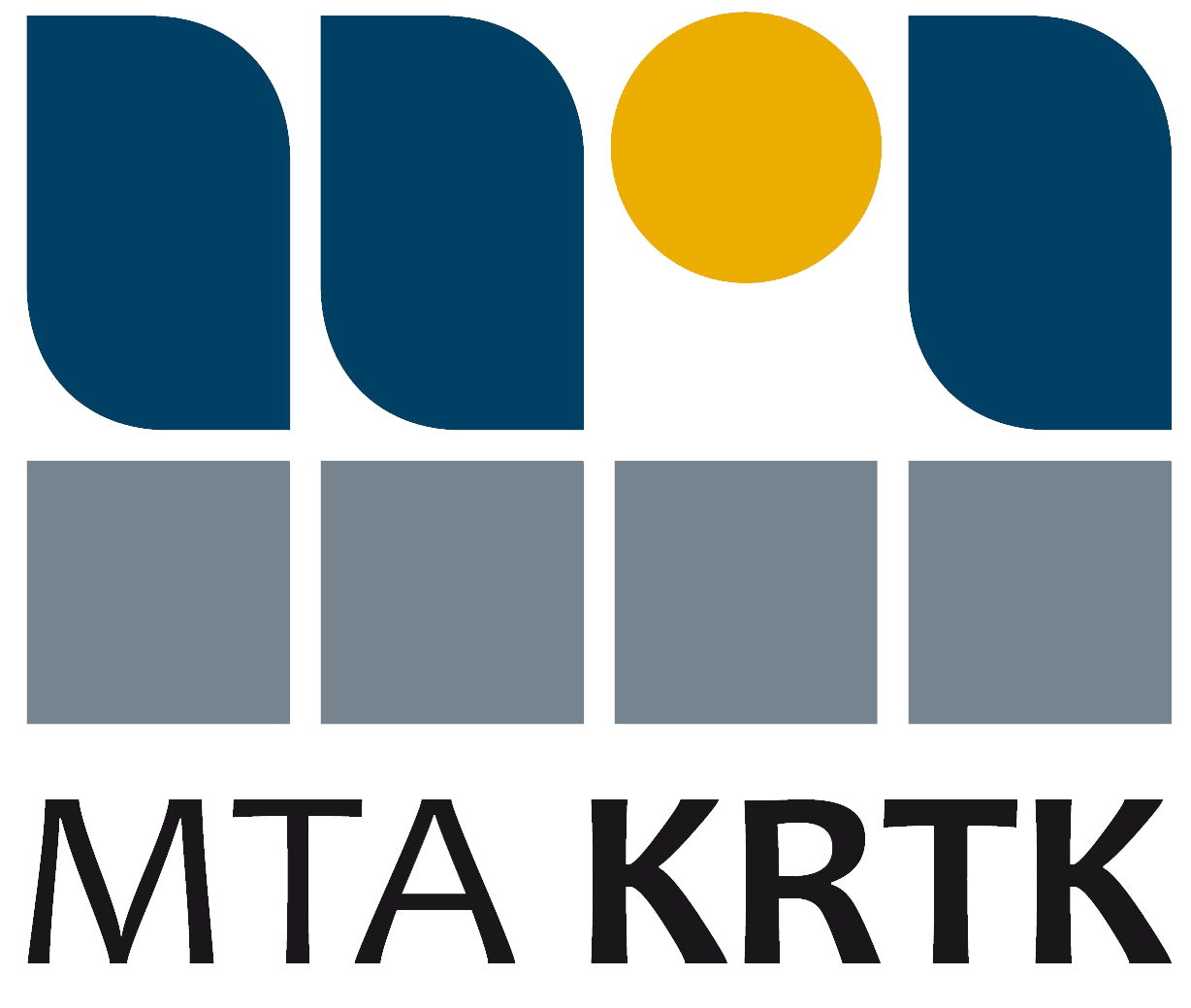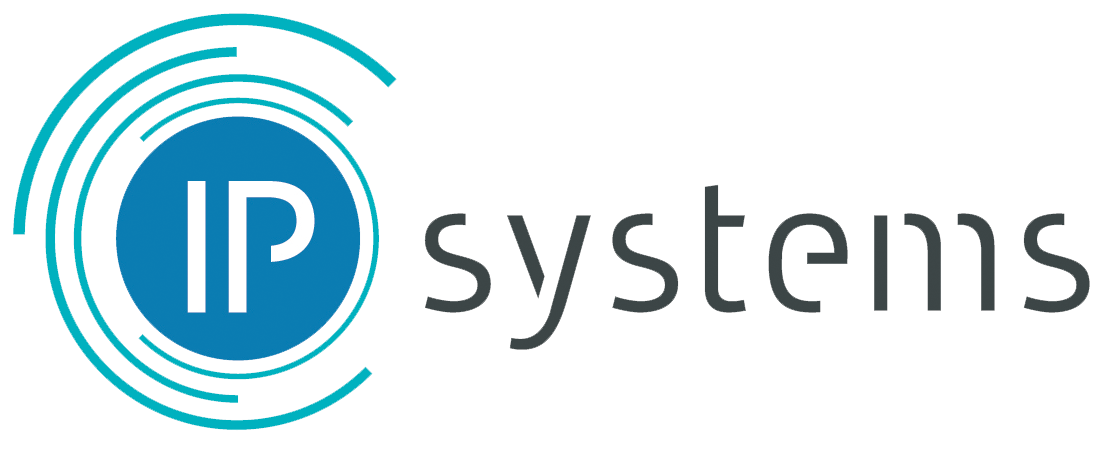Jeffrey Pfeffer
Jeffrey Pfeffer (Stanford University), 2016’s Herbert Simon Award recipient visits Budapest and Rajk László College for Advanced Studies in May. The visit includes an award ceremony accompanied with a public lecture, and an intensive seminar for a small group of college members.
Dr. Pfeffer received his B.S. and M.S. degrees from Carnegie-Mellon University and his Ph.D. from Stanford. He taught at the University of Illinois and then at the University of California, Berkeley. Since 1979 he has been a professor in Stanford. Pfeffer has been a visiting professor at the Harvard Business School, Singapore Management University, London Business School, Copenhagen Business School, and for the past 9 years a visitor at IESE in Barcelona. The professor’s primary research field is organization theory, with a human resources and management focus.
For futher information of Jeffrey Pfeffer please see: http://jeffreypfeffer.com/speaking/speaking-topics/







